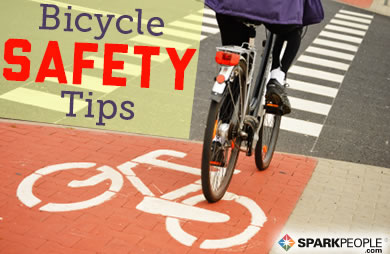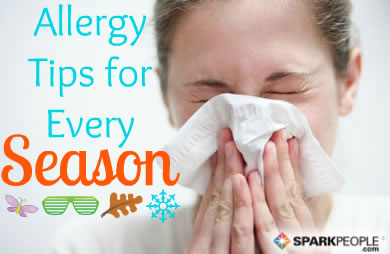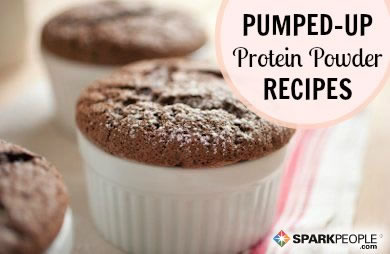We interrupt your regularly scheduled dailySpark blog programming to bring you an important announcement about… food safety.
Thanks to Ike and his aftermath, many of us are staring into fridges, freezers and deep freezes, sniffing various unrecognizable food stuffs and wondering whether we should save food or pitch it.
I did a little research about power outages, floods and food safety. Here's what I found, mostly from the USDA and Red Cross:
In case of a power outage:
- Don't taste food to see if it's safe. Instead, examine each food item separately.
- Food can be refrozen if the food still contains ice crystals or is at 40 degrees Fahrenheit or below.
- Always keep meat, poultry, fish, and eggs refrigerated at or below 40 degrees Fahrenheit and frozen food at or below 0 degrees Fahrenheit.
- Keep the refrigerator and freezer doors closed as much as possible to maintain the cold temperature.
- The refrigerator will keep food safely cold for about 4 hours if it is unopened. A full freezer will hold the temperature for approximately 48 hours (24 hours if it is half full) if the door remains closed.
- Use dry or block ice to keep your refrigerator as cold as possible if the power is going to be out for a prolonged period of time.
In case of a flood:
- Don't eat any food that could have come into contact with flood water.
- Remove labels if possible; they can harbor dirt and bacteria.
- Thoroughly wash cans or pouches, using water that is safe for drinking.
- Sanitize the cans and pouches by either placing them in boiling water for two minutes or
- Place in water and allow the water to come to a boil and continue boiling for 2 minutes or placing them in a bleach solution (1 tablespoon of unscented, liquid chlorine bleach per gallon of drinking water (or the cleanest, clearest water available) for 15 minutes.
- Air-dry cans or pouches for a minimum of 1 hour before opening or storing.
- Be sure to relabel cans and pouches using a permanent marker.
- Use those cans and pouches as soon as possible.
- Discard any food that is not in a waterproof container if there is any chance that it has come into contact with flood water. (That includes foods with screw-caps, snap lids, pull tops, and crimped caps.) Discard cardboard juice/milk/baby formula boxes and home canned foods if they have come in contact with flood water, because they cannot be effectively cleaned and sanitized.
- Discard any damaged cans. Check for swelling, leakage, punctures, holes, fractures, extensive deep rusting, or crushing/denting severe enough to prevent normal stacking or opening with a manual, wheel-type can opener.
For more information, visit USDA or Red Cross websites.
Have a tip for saving food or keeping it safe? Do you have a power outage/food loss horror story? Share it in the comments below.
See more:
|
|















.jpg)